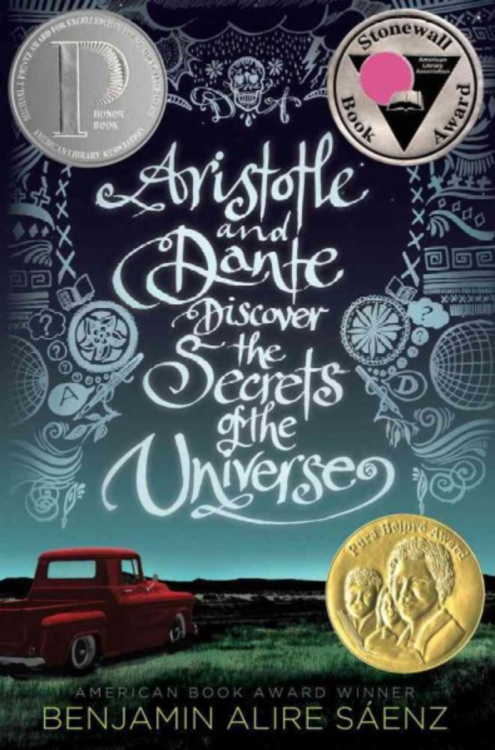Thomas Piketty
(Translated by Arthur Goldhammer)
The Belknap Press of Harvard University Press

|
In a way we are in the same position at the beginning of the twenty-first century as our forebears were in the early nineteenth century: we are witnessing impressive changes in economies around the world, and it is very difficult to know how extensive they will turn out to be or what the global distribution of wealth, both within and between countries, will look like several decades from now…Their answers were not always satisfactory, but at least they were asking the right questions. There is no fundamental reason why we should believe that growth is automatically balanced.
from Capital in the Twenty-first Century
|
Income inequality is not good for capitalism
One of the pleasures of history is the perspective it provides, placing this present moment in the context of what has gone before. Those who prefer some intellectual heft to their summer beach reading might enjoy Thomas Piketty’s Capital in the Twenty-first Century.
Concerned that the dialogue about the distribution of wealth has been based on “an abundance of prejudice and a paucity of fact,” Piketty, a professor at the Paris School of Economics, brings a historical perspective to the issue.
He begins with Thomas Malthus whose Essay on the Principle of Population reflected the uneasiness of the European aristocracy in the 1790s (the French Revolution had erupted in 1789.) For Malthus, the major threat was overpopulation, leading to mass poverty, leading to political upheaval.
Both he and David Ricardo, author of “the scarcity principle,” understood capital in terms of land and rents. Standing on the cusp of the industrial revolution, they could not foresee the vast technological changes coming and the societal implications of those changes.
By 1867, when Karl Marx published the first volume of Capital, both capital and capitalism itself had been re-defined in terms of manufacturing and the means of production. The mass “misery of the industrial proletariat” was another of its defining characteristics. Eventual revolution was inevitable, predicted Marx.
But by the mid-twentieth century, economists’ “overly developed taste for apocalyptic predictions gave way to a similarly excessive fondness for fairy tales, or at any rate happy endings.”
The leading proponent of these “fairy tales” was U.S. economist Simon Kuznets. who espoused the idea that long term growth would benefit everyone, summed up in the trope: “Growth is a rising tide that lifts all boats.”
Piketty, who has studied income inequality in the United States over the past twenty years, describes how income rose sharply for those at the top of the wealth distribution during the first couple of decades of the twentieth century, then became more equal during the era of post-war prosperity (1945-1975)—the top income tax rate was ninety per cent, the federal government had set minimum wages in many industries, supported trade unions, and invested heavily in the nation’s infrastructure.
Income inequality began to grow again in the nineteen eighties and nineties with the policies of Margaret Thatcher in Britain and Ronald Reagan in the United States. The tide continued to rise, but the majority of boats did not rise with it.
By 2012, the top one per cent of American households took 22.5 per cent of the nation’s wealth, making the level of income inequality in the United States “probably higher than in any other society at any time in the past, anywhere in the world.” If these current trends continue, warns Piketty, “the consequences for the long-term dynamics of the wealth distribution are potentially terrifying.” (Revolutions can be so messy.)
To address this growing imbalance, Piketty proposes a global wealth tax, like an annual property tax, that would apply to all forms of wealth, thereby requiring individuals who have largely managed to avoid paying taxes to now pay their fair share. One senses we’re back in the realm of fairy tales.
Capital in the Twenty-first Century is one of those occasional books that captures and contributes to a moment in history, summarizing the issues and providing the historical and statistical background to foster intelligent dialogue that could result in policies that benefit all members of our capitalistic society and its commonwealth.
True, not your typical beach read, but you’re going to be terrific in those conversations at the summer barbecues.
This review first appeared in The Columbia River Reader (July 15-August 14, 2014.) Reprinted with permission.
 Gabrielle Zevin
Gabrielle Zevin

 Benjamin Alire Saenz
Benjamin Alire Saenz Garth Stein
Garth Stein Christina Baker Kline
Christina Baker Kline






